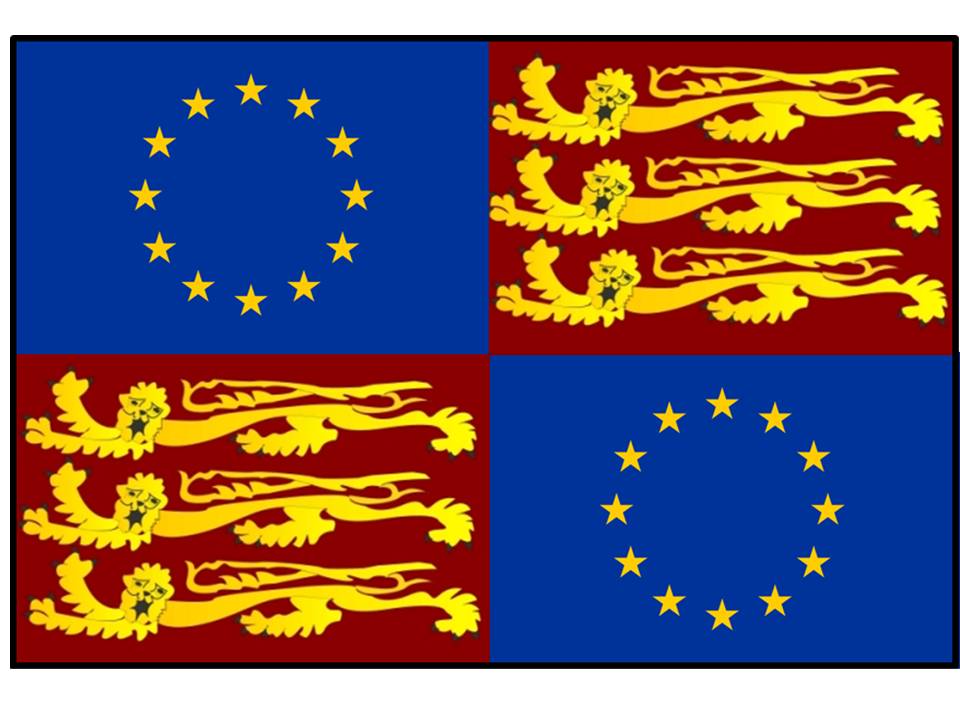Longshanks to Brexit
‘The one thing we learn from history is that we learn nothing from history.’
Trite perhaps but frequently true nonetheless. I was thinking the other day about some of the policies being pursued by the current government (at time of writing that would be Theresa May’s Conservatives) and how they are remarkably reminiscent of something I read a while back about King Edward I (for the record, nothing to do with his being a charismatic leader – that is not a relevant comparison!).
At present we are in the process of negotiating our way out of the EU. I won’t get into it now but there were arguments pro and con and one of the main arguments used for leaving was the preservation of British sovereignty, ie; that we should not be subject to the will of what many considered to be a foreign power, particularly when that power makes decisions we disagree with (ftr I voted remain but I appreciate that this was a valid point to make on the part of the leavers). This appeal to instinctive patriotism is very much touted at the moment by the current government as they try to use it to whip up support in the run-up to an election; ‘vote for us and we’ll all be strong and proud and better off once we’re free of this outside influence.’
However, when Scottish politicians suggest leaving the UK using essentially the same arguments, the reaction from Westminster is to slap the idea down as ridiculous and disloyal. Many Scots are angered that most of Scotland didn’t vote for Brexit but they are still being forced into it by the rest of the UK, and the results of a second referendum could be interesting. The SNP now try to whip up support with the cry of; ‘vote for us and we’ll all be strong and proud and better off once we’re free of this outside influence.’ But of course, when they say it, it’s divisive and impractical.
Edward I, like the Norman kings before him, also held various dukedoms in France. He was therefore the equal of the French king as he was the King of England, but was obliged to do homage to him as Duke of Normandy / Gascony etc. Edward (again, like others before him) resented this, and after refusing to appear before King Philip in his role as Duke of Gascony he began planning for a war with France – wanting freedom from this outsider who sought to tell him what to do.
And yet when he was called in to arbitrate over the contested throne of Scotland in the 1290s, Edward insisted on being recognised as Lord Paramount of Scotland, with the Scottish King subservient to the Throne of England. When the Scots then rebelled (and we have more war), one has to wonder what was going through Edward’s mind: Did he really think that the rules were somehow different in this case, or did he understand the hypocrisy but he just didn’t care?
Bit of a ramble I know but it just struck me that our leaders’ attitude to dominance by an outside influence (ie, it’s wrong if others do it but ok if we do it) has remained largely unchanged for more than 800 years, and the specifics of these two situations in particular are strikingly alike. Once again I find myself wondering what is going through the minds of those who rule us: Do they genuinely believe that the questions of Scotland and the EU are so different that they warrant separate rules and attitudes, or do they see the double-standard perfectly well, but just plain don’t care about it?
Just a little something to think about!
